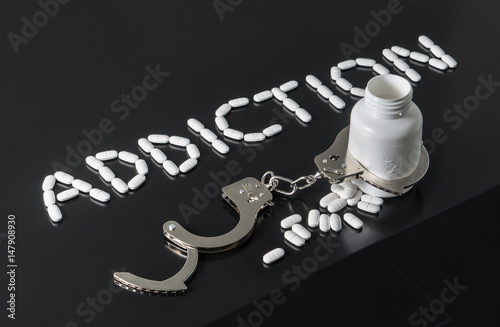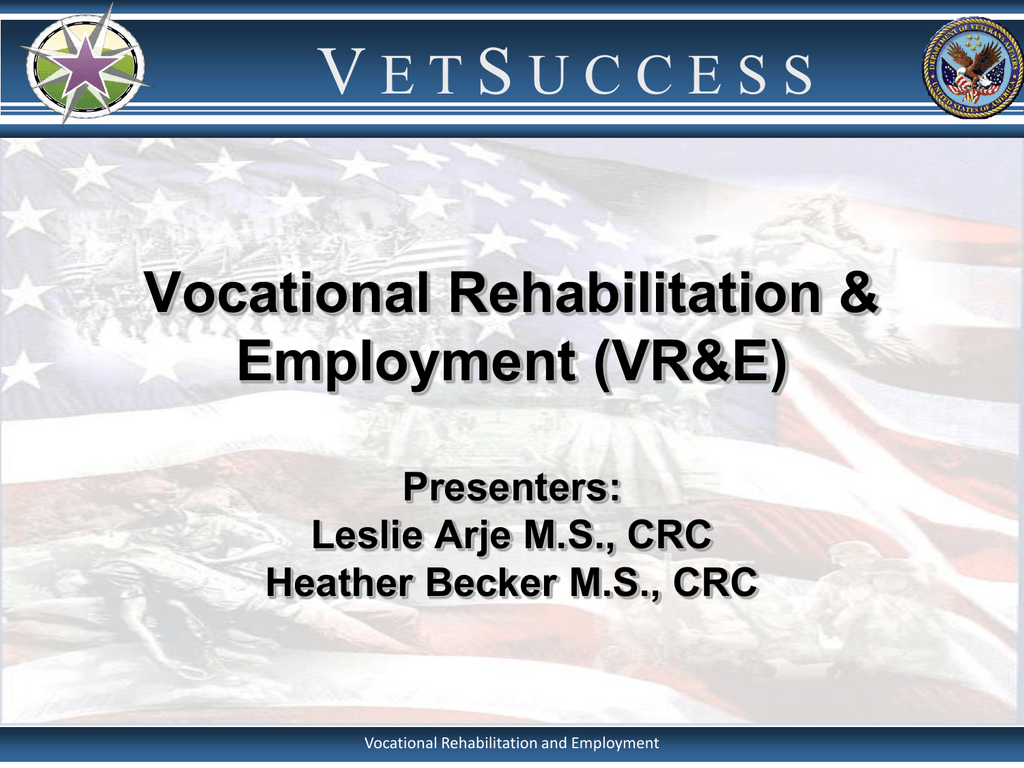You will learn how to acknowledge scenarios in which you are most likely to drink or use drugs and how to avoid these scenarios in the future. You will learn brand-new coping skills. The group sessions are designed to teach you the worth of looking for assistance from others who are going through the very same experiences and obstacles that you are.
In other facilities, they may be facilitated by staff members. Lots of effective drug and alcohol rehab programs include members of your family in your treatment program. Some programs consist of family members and pals throughout the whole rehab procedure, from the initial assessment through continued follow-up aftercare. Research study has revealed that consisting of friends and family in the academic process substantially improves rehabilitation results.
Lots of rehabilitation facilities need family members to attend Al-Anon meetings if they want to visit you while you remain in treatment, to find out how they may have been enabling you and adding to the issue with their actions and reactions to your compound abuse. The common domestic alcohol and drug rehab program will last about 28 days, often longer, throughout which you stay in a structured environment where no drugs are alcohol are available.
By now your therapist most likely understands you well and will suggest the next steps based upon where you are on your healing journey. Your aftercare plan may include intensive outpatient treatment, home at a midway house, attendance at 12-step conferences, weekly check-ins with your therapist, and other ideas to assist you prevent the situations and activates that may trigger you to relapse.
Drug treatment facilities have changed a good deal over the last few years. In the years past, treatment for dependency was carried out in healthcare facilities and different types of psychological health centers. Nowadays, addiction treatment centers have more of a homelike environment. They can be a safe haven from the struggles of addiction, emotional and individual issues.
In reality, the nature of dependency is one that is chronic where relapse can quite take place. In this case the treatment center is a place to return to and return on track. In some cases it does take more than one remain in a drug treatment center to get rid of the dependency.
All about What Is Drug Rehab In Lexington,ky
A drug rehabilitation program might formally last for just a couple of months, but rehab is much more than simply a 90-day repair (what to do after drug rehab). Healing is a process that develops through a series of stages, and your growth in sobriety can continue for the rest of your life. Detox, managed by seeking advice from physicians, is typically the very first phase of a drug rehab program, but overcoming your chemical reliance is truly only the beginning of treatment.

The goals of detox are to release your body of drugs and alcohol, help you deal with withdrawal symptoms and to determine or deal with co-existing health conditions. The objectives of rehab are to assist you end up being a strong, sober personphysically, mentally and emotionallyto teach you to lead a drug-free life and to help you develop stronger relationships at all levels.
As your body adapts to the lack of alcohol or drugs, you may experience withdrawal signs and yearnings that are difficult or impossible to tolerate. When you detox in a clinically supervised setting with speaking with doctors, you can receive services like intravenous (IV) fluid replacement, pharmaceutical therapy and dietary assistance to help you recover faster from the impacts of withdrawal.

Depending upon the drugs you use and for how long you've been addicted, outpatient treatment may be as efficient as inpatient treatment. Social detox relies on intensive counseling and group treatment to assist you make it through the initial stages of withdrawal, with or without the included support of medication. After you have actually http://edgarmlgr150.lowescouponn.com/how-does-the-uk-criminal-drug-rehab-things-to-know-before-you-buy reached a state where your body is complimentary of substances and you're all set to concentrate on healing, the next phase rehabilitation can take place.
Whether you register in rehab at an outpatient center, a property recovery neighborhood or an inpatient program, the facility you select ought to supply a setting that supports sobriety. The National Institute on Alcohol Abuse and Alcoholism mention that both outpatient and inpatient treatment can provide a supportive environment that fulfills the client's requirements. [i] Outpatient rehabilitation might be appropriate for you if you meet the following requirements: You have mild to moderate withdrawal signs.
You draw strength from staying active in your present social network. You wish to maintain work and incur lower treatment expenses. Outpatient rehab is often more affordable than inpatient treatment, however outpatient care isn't the answer for everyone. An inpatient setting might be preferable for you if you meet the list below conditions: You have extreme withdrawal signs.
4 Simple Techniques For What To Expect In Drug Rehab
You have a serious co-existing medical or psychological disorder. You have a high risk of regression if you're exposed to your typical environment. Drug rehabilitation is most likely to be more effective if you're removed from the social diversions, temptations and activates that oblige you to drink or utilize. Although you can't avoid high-risk scenarios permanently, rehab will teach you ways to react to these triggers in a healthy way, so you can decrease your risk of a regression and feel positive about your sobriety.
Short-term programs might last from a number of days to 2 weeks, while longer rehabilitation programs might last 90 days or more. A study by John Hopkins Medicine revealed that clients who resided in recovery housing after a 14-day opioid detox program depended on 10 times most likely to remain clean and sober.
The more time you need to stay Drug Abuse Treatment Addiction Treatment substance-free and practice healthy habits, the better prepared you'll be to deal with life beyond drug rehabilitation. [ii] When you're in the middle of an addiction to drugs or alcohol, it may seem that these substances are actively triggering your disease. As soon as you've had the chance to clean your system and begin the process of rehab, you'll see that drugs and alcohol do not cause dependency; substance abuse is symptomatic of a much deeper psychological condition.
In a research study released in Substance Abuse and Rehab, clients who completed an alcohol rehabilitation program were compared to clients who failed to finish rehab. The non-completers were discovered to have greater rates of anxiety, borderline personality disorders and tried suiciderisk elements that can be identified and treated with psychotherapythan the patients who graduated from rehab. [iii] An integrated treatment program for drug or alcohol addiction must help you do the following: Recognize any co-occurring mental health problems that drive your dependency Supply customized treatment for depression, post-traumatic stress disorder (PTSD) or other co-existing mental health conditions Appropriate recurring, unfavorable thoughts that keep you in an addicting mindset Learn how to defuse the emotional circumstances that triggered the desire to consume or use drugs Enhance your sense of self and find a sense of function Develop more powerful, more authentic relationships with loved ones, pals and companies Understand the real nature of dependency and its effect on your life Drug rehab can be a challenging exercise in self-exploration.